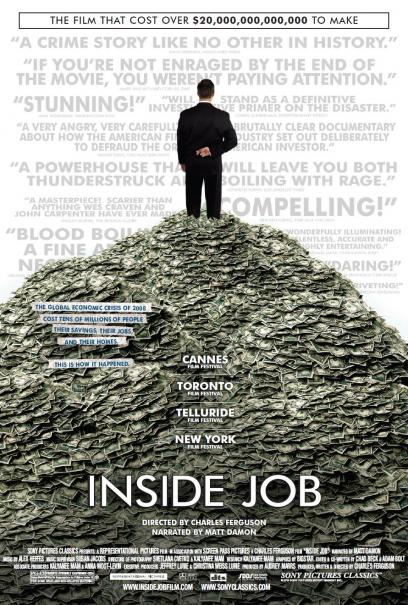Organizations, activists, and laypeople are trying to put the sum of all printed knowledge on the internet. They’re facing copyright issues, ethical and moral debates, but it’s marching on nonetheless. Why should we have to travel to archival repositories, especially if they’re in an already convenient form like microfilm? Shouldn’t everybody have access to information, not just the select few who happen to have institutional affiliations? When it comes to access to information, we should be on an even playing field. Lay people interested in history, undergraduates, cash-strapped professional researchers, and all can benefit from several internet resources that put an incredible amount of information at your finger tips.
In this post, I’ll introduce people to the Internet Archive, the Haithi Trust, and Google Books. I hope to show you that there are incredible numbers of primary sources, digitized books, internet snapshots, among other things, out there. From an 1888 report on the Knights of Labor by a Canadian Legislative Committee, to the music video for the “first rap single ever released in Canada,” to American prohibition speeches, they’re all out there – free, accessible, and often downloadable.


 I started editing a few
I started editing a few 

